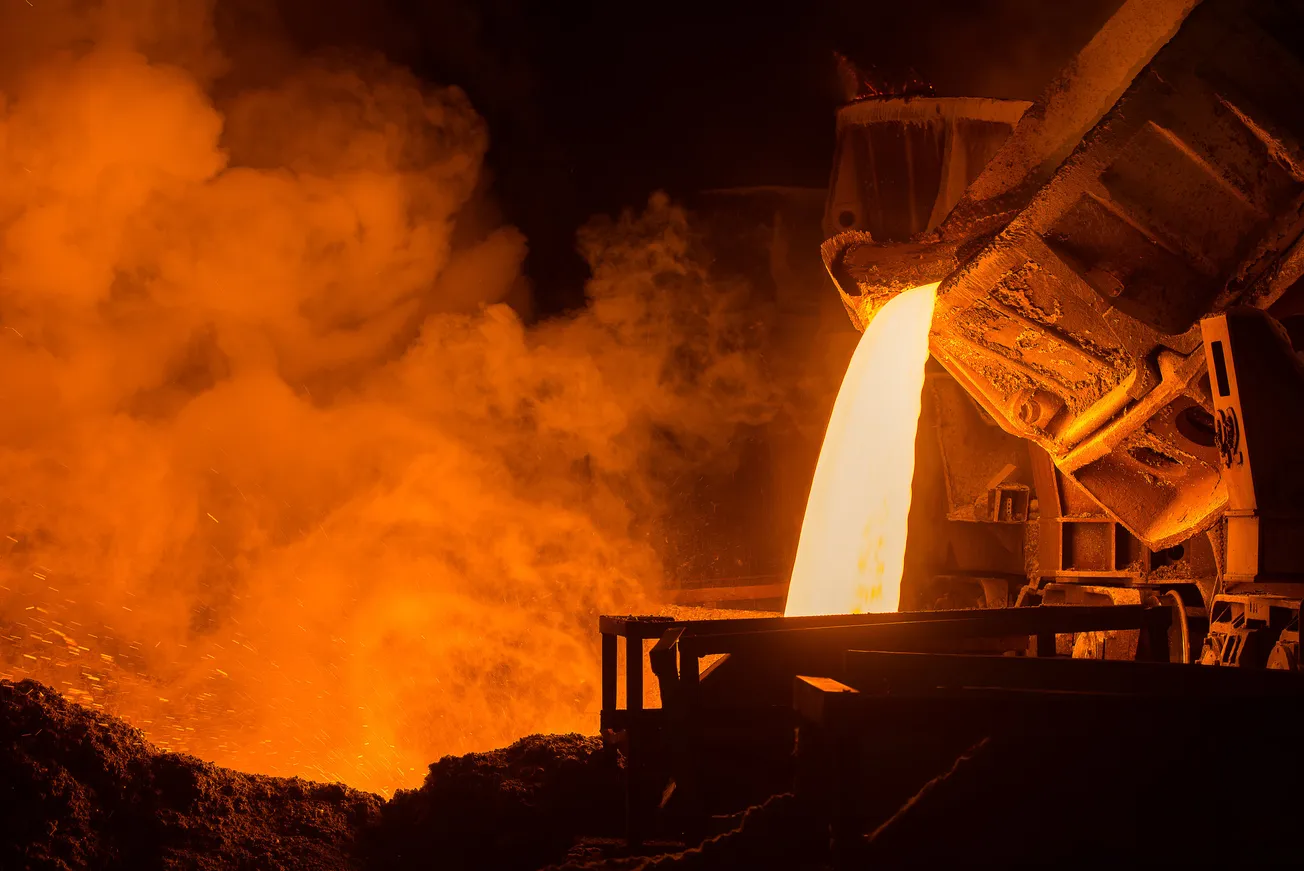Table of Contents
Prime Minister Chris Hipkins and Energy Minister Megan Woods recently announced their plans to provide significant financial support through the Government Investing in Decarbonising Industry Fund (GIDI). However, allocating funds to projects like replacing New Zealand Steel’s coal furnace with an electric arc furnace raises questions about the necessity of government intervention.
The allocation of $140 million from GIDI to New Zealand Steel continues the trend of questionable emissions reduction funding decisions. Minister Woods highlights the projected 800,000-tonne reduction in NZS emissions, at a cost of $16.20 per tonne, well below the current Emissions Trading Scheme (ETS) cost of $53 per New Zealand Unit (NZU). Why is taxpayer funding needed if the cost of upgrading to a more efficient furnace is so financially compelling?
The allocation of up to $750 million for corporate projects through the GIDI has sparked concerns about the government’s role in corporate welfare. A report commissioned by the government found that four of the five projects they looked at appeared likely to have gone ahead without government assistance. But the minister has turned a deaf ear to the advice and continued to spray taxpayers’ cash around.
An example of questionable additionality is the funding provided to global brewing giant Heineken to replace its coal boiler. New Zealanders are already shouldering higher costs at the pump to support emissions reduction efforts, only to witness these revenues being funnelled into the hands of corporations that should be taking responsibility for their own emissions reductions.
The National Party offers an alternative perspective and approach to emissions reduction. While supporting certain aspects of the Emissions Reduction Plan, such as investing in research and development (R&D) for agriculture, New Zealand has real potential to become a global leader in reducing biogenic methane emissions.
There will be times when it is appropriate for taxpayers to support emissions reduction initiatives, but they must be subject to a cost-benefit analysis to ensure that we are getting value for money. Instead of trying to convince us all to take shorter showers to save money in their ‘Finding Money in Weird Places’ campaign, they should not waste our money on corporate welfare. There is no doubt that millions will be spent promoting this nanny state policy looking for savings whilst ignoring their reckless wasteful spending.
National has an alternative approach that balances support for emissions reduction with careful evaluation of proposals. By investing in R&D for agriculture, promoting carbon sinks and scrutinizing the necessity of government intervention, New Zealand can pursue effective emissions reduction while ensuring fairness and accountability in the allocation of funds.









